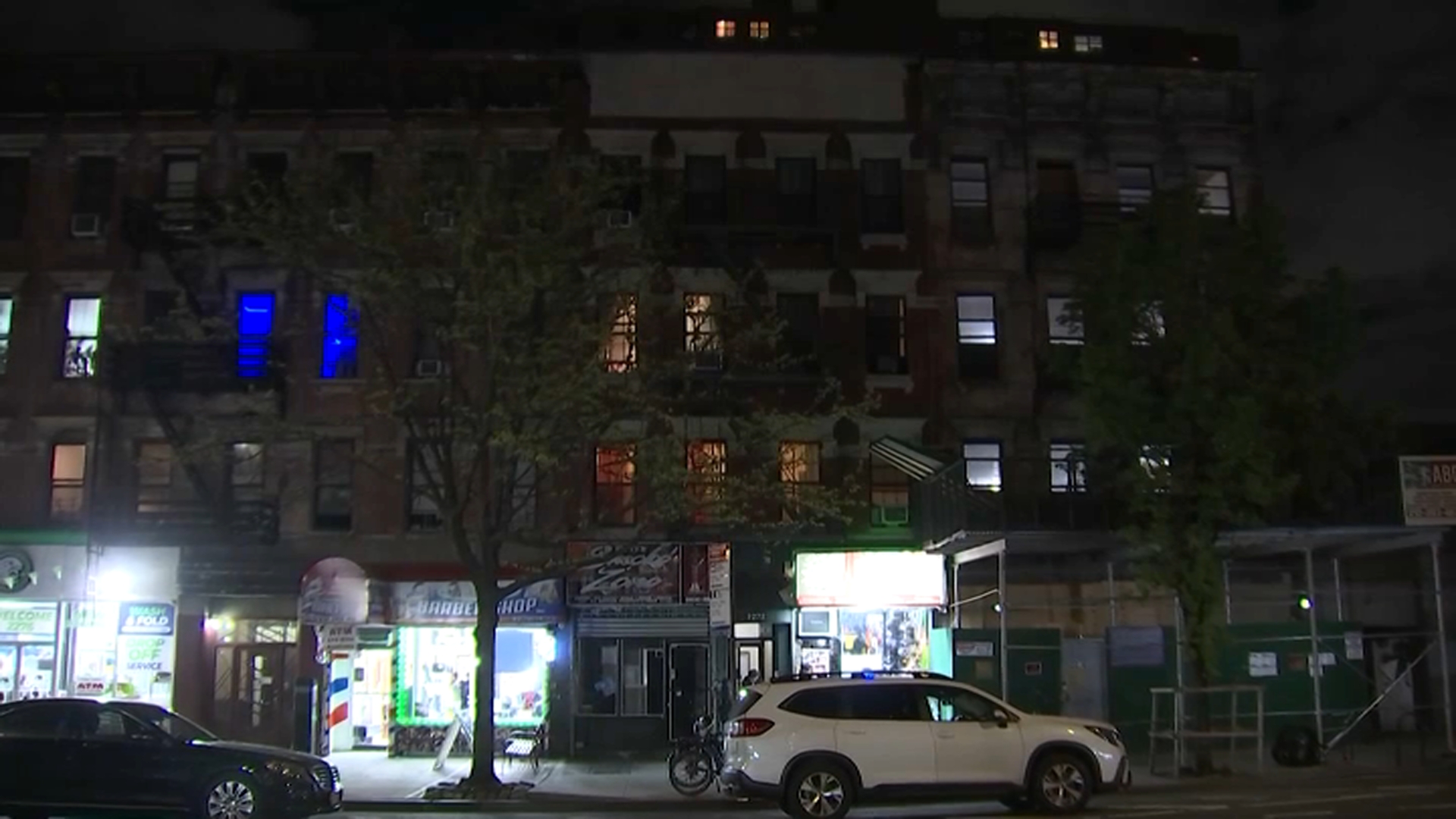Republicans and the Independent Democratic Conference struck a deal Tuesday to take control of the state Senate in an unprecedented power-sharing deal.
The announcement by Senate Republican leader Dean Skelos and IDC leader Jeffrey Klein appears to dash the hopes of the traditional Democratic conference from taking the near absolute control of the majority, even though Democrats won more seats than Republicans in the November elections.
It means the GOP and independent Democrats will share control of moving legislation and even in negotiating a state budget with the Assembly speaker and Democratic Gov. Andrew Cuomo. The deal will create a third conference for the IDC members under the Senate rules, assuring the five-member IDC of rights and powers.
For New Yorkers, the partnership likely means a new direction for the Senate and for state government. For two years, Republicans used their slim majority to enact a cap on local property tax growth, flat budgets and caps on school aid increases, cuts to several programs and spending on economic development enticements to businesses to grow jobs.
Republicans had blocked Democratic priorities, including those held by the IDC, for public financing of campaigns, raising the minimum wage, restrictions on the stop-and-frisk techniques of New York City police and more gun control.
Now the GOP has renewed life in the state where Democrats outnumber Republicans nearly 2-to-1 and likely will have to move to the left to work with the IDC and to have a chance at protecting its members in elections in two years.
"Welcome to 'The Twilight Zone,'" said Doug Muzzio, political scientist at Baruch College. "But my gut tells me this might work out better than anyone anticipated."
Local
He said the coalition, if it holds, would have more votes and therefore be more stable than the alternative, which would likely be a single vote difference between Republicans and Democrats.
"We're seeing this for the first time. It's another one of these head-slappers," he said, referring to the coup and power grabs that had gridlocked the Senate in 2009 and led to sharp partisanship since.
Steven Greenberg of the Siena College poll says New Yorkers won't know how this will affect them because the negotiations were secret.
"We just don't know," he said. "I'm not privy to any discussions between Sens. Skelos and Klein."
The traditional Democratic conference angrily called the deal a coup.
"This is not a coalition, but a coup against all New Yorkers who voted for Democratic control of the Senate and a progressive state government," spokesman Mike Murphy said.
"Sadly, the real victims of today's announcement are the people of our state, whose clearly expressed desire for progress on a host of issues will now be scuttled," Murphy said. "Senate Democrats will remain fierce advocates for them and the issues New Yorkers want to see implemented like standing up for women's health, passing real campaign finance reform, raising the minimum wage and enacting common sense gun laws."
Skelos and Klein said the coalition will work for New Yorkers.
"We've brought spending under control, ended Albany dysfunction and consistently delivered the bipartisan results New Yorkers need and deserve — even on many of the most difficult issues," Skelos said. "Sen. Klein has proven to be a thoughtful and effective leader, and I look forward to partnering with him to move this state forward."
Klein praised Skelos and echoed his sentiments on the union.
"Having worked together over the past two years, I know that Sen. Skelos is not only an effective leader but is as committed as I am to delivering major bipartisan results for all New Yorkers," Klein said.
Under the agreement, the position of temporary president of the Senate, the leadership post, will alternate between Republicans and the IDC every two weeks.
To pull off the bold move, Republicans and the IDC will have to vote for the leader and the new rule with at least 32 votes. The partnership should provide at least 35 votes. The coalition could still run the Senate if Republicans lose two close races now being decided in court by a count of absentee ballots.
The IDC grew by one member early Tuesday when Sen. Malcolm Smith, a Queens Democrat, joined the conference.
By accepting Smith, the IDC addressed one of the recent criticisms by other Democrats that the IDC lacked any member of color. Smith, who is black, had refused this year to join the Democratic conference meetings. Smith has also considered running for New York City mayor as a Republican, though he is an enrolled Democrat.
Republicans and the IDC have worked closely for two years.



